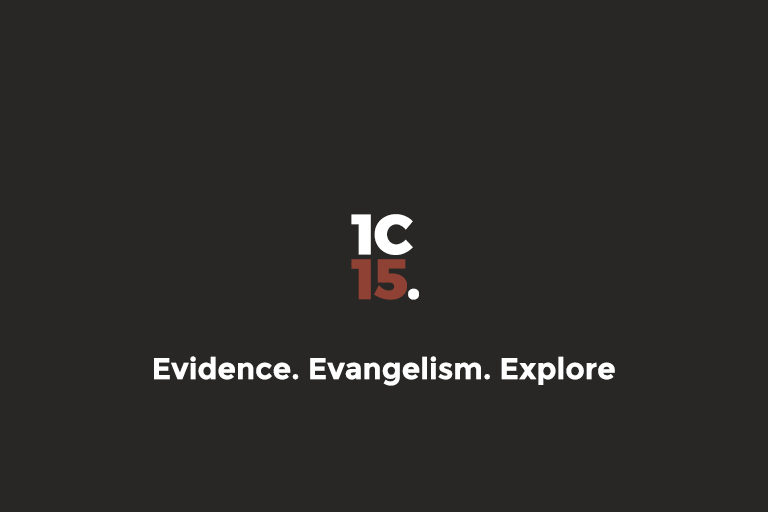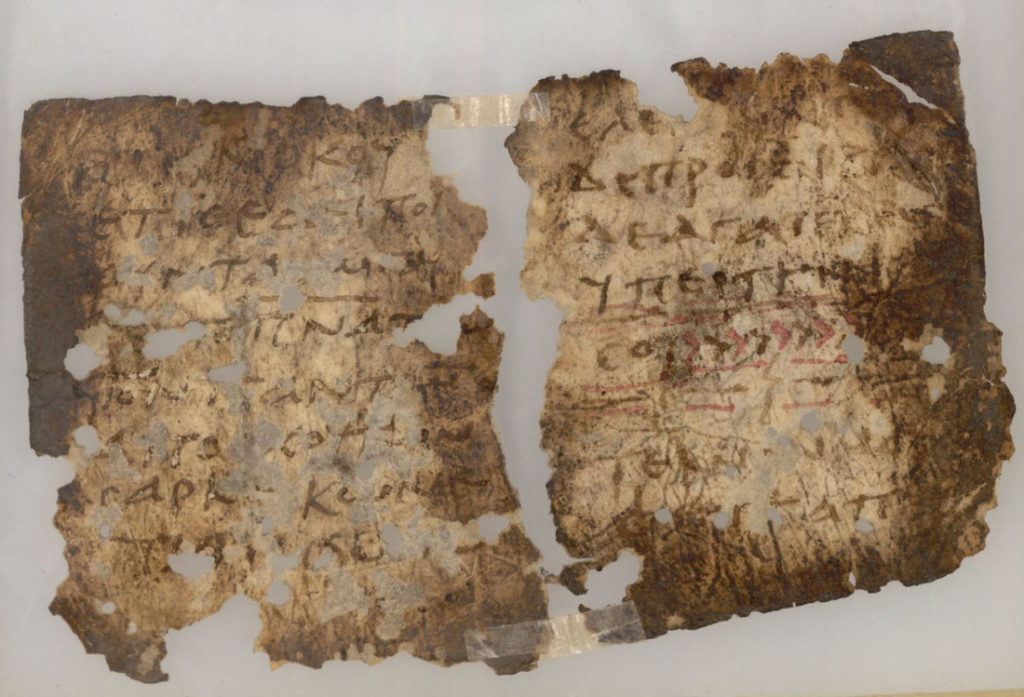Didache

Didache means “teaching”, the full name of this document being “The Lord’s Teaching through the Twelve Apostles to the Nations.” Historians are given the impression that this document acted as a manual for new believers, something Christians do often today, a summary fo teachings.

We have only one complete Greek copy of the Didache, and one Greek fragment. [get source] This single complete text was discovered in 1873. Before this discovery, scholars knew of the Didache, because Athanasius and Eusebius 4th century) both mentioned its existence.[get source] As for it’s authorship, there’s little to grasp out without a mention within the text itself but scholars to pin the dates 70 – 150 AD on it. A scholar C. N. Jeff Old puts it between 80-110 and sees it as a document that evolved as teaching was more clearly stated and understood. Scholars K. Niederwimmer and H.W. Attridge hold that the Didache was edited and redacted considerably. However, they write, “In general, one can say that the sources, that is, the predidachistic traditions, should probably be located in the first century AD, most likely toward the end of the century. It is impossible to make any more precise determination.” These scholars date it between 110-120 AD
Reasons for rejection/non-inclusion
- Generally, this is a book of Ethics as opposed to a Canonical work
- Although some Church Fathers placed a higher weight on the text later on, it was ultimately seen for what it is, a useful document but not an Inspired one
- Athanasius and Eusebius knew of the document and did not think to include it in the Canon
Useful external attestation details
As one of the earliest non-canonical texts, it is important to see what this document outlays to us at a time not far from John and Josephus, the Jewish Historian.
- Legalism and formalism (4.6; 8.1, 3).
- Adult baptism—not infant baptism (7.4).
- A Trinitarian formula for baptism (7.1).
- The purpose for the Lord’s Supper: “thanksgiving,” not transubstantiation (9.1-4).
- The importance of evangelism (ch.10)
- The Old Testament bondage of the church. Old covenant concepts spilled over into the new covenant. The NT prophets were seen as similar to the OT high priests (13.3).
- The meeting time for Christian fellowship. These Christians met on Sundays to celebrate the Lord’s Supper (14.1).
- Local churches should govern themselves (ch.15). A monarchical episcopate is not in view in the Didache. Instead, churches select their own bishops and deacons (15.1).
- Futurism—not Preterism (ch.16). The decline of spirituality, morality, and theology are all future to the author.
0 Comments